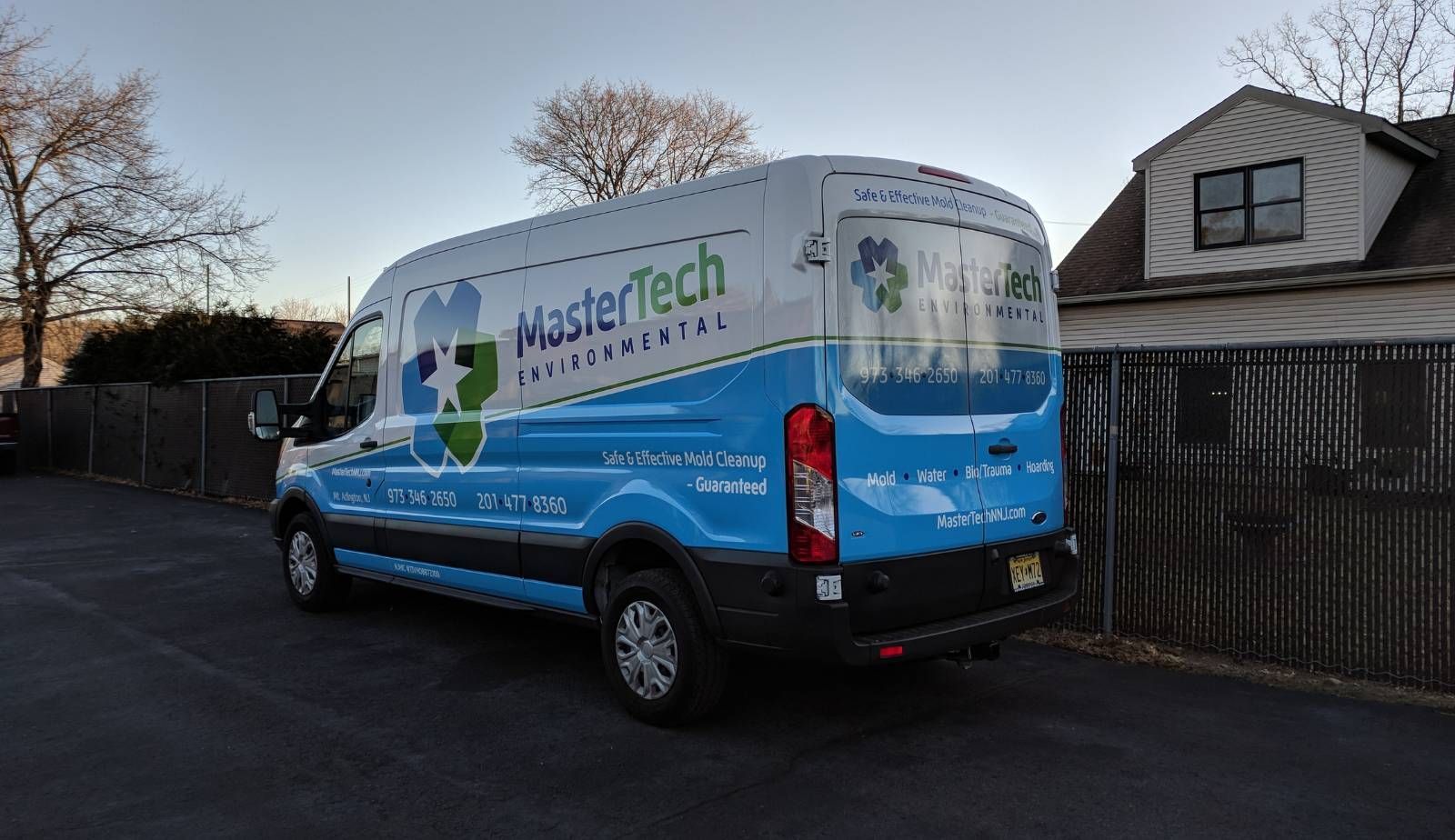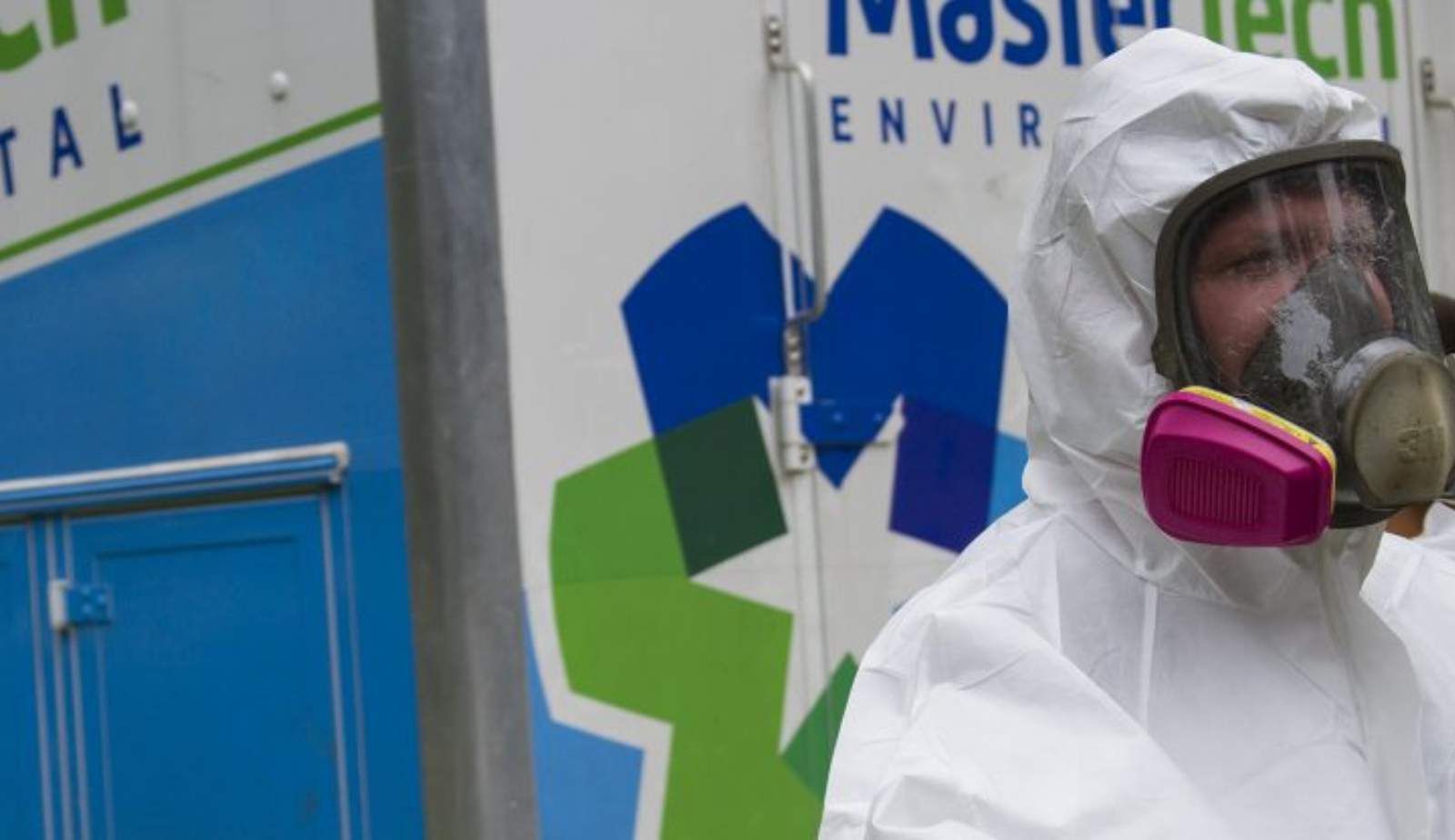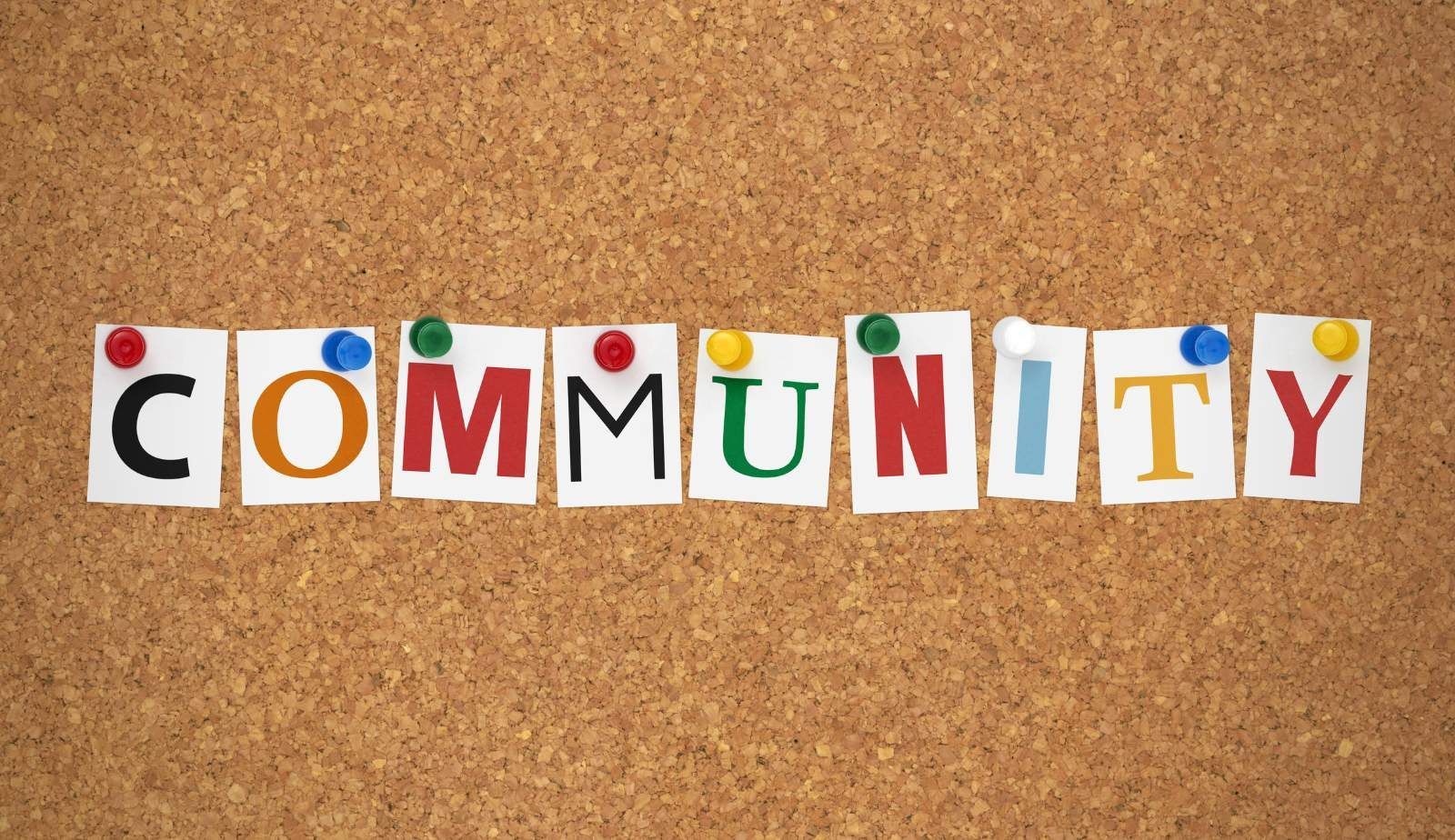
Community engagement plays a vital role in the success of restoration services, particularly for franchises operating in this competitive market. By actively involving local residents and businesses, restoration companies can build trust, establish a positive reputation, and create lasting relationships within their service areas. Community involvement in ecological restoration enhances project resilience, allowing efforts to adapt to evolving ecological conditions and unforeseen challenges.
Restoration franchises that prioritize community engagement often experience increased visibility and brand recognition. This heightened awareness can lead to more referrals, repeat customers, and overall business growth. Additionally, community-engaged restoration efforts tend to be more sustainable in the long term, as they foster a sense of ownership and stewardship among local stakeholders.
For Mastertech Franchise Systems and similar organizations, embracing community engagement strategies can set them apart in the restoration market. By participating in local events, partnering with community organizations, and educating the public on restoration techniques, franchises can demonstrate their commitment to the areas they serve. This approach not only benefits the company but also contributes to the overall well-being and resilience of the communities they work in.
The Role of Community Engagement in Restoration Services
Community engagement plays a vital role in successful restoration services. It fosters sustainability, improves project outcomes, and strengthens social-ecological systems.
Benefits of Engaging Local Communities
Community engagement in restoration services provides numerous advantages. It taps into local knowledge and expertise, enhancing the effectiveness of restoration efforts.
Involving residents helps identify priorities and ensures projects align with community needs. This leads to greater support and long-term success of restoration initiatives.
Engagement builds trust between restoration companies and the people they serve. It creates a sense of ownership and pride in the restored areas.
Local participation can reduce costs through volunteer labor and in-kind contributions. It also provides educational opportunities, raising awareness about environmental issues.
Sustainability and Social-Ecological Systems
Community-engaged restoration promotes sustainability by integrating social and ecological factors. It recognizes the interconnectedness of human communities and natural ecosystems.
This approach ensures restoration efforts consider both environmental and social needs. It leads to more resilient outcomes that can withstand future challenges.
Engaging communities helps preserve traditional knowledge and cultural values related to local ecosystems. This integration of diverse perspectives enhances the adaptive capacity of social-ecological systems.
Sustainable restoration projects often result in improved ecosystem services, benefiting both nature and people. They can enhance biodiversity, water quality, and climate resilience while supporting local livelihoods.
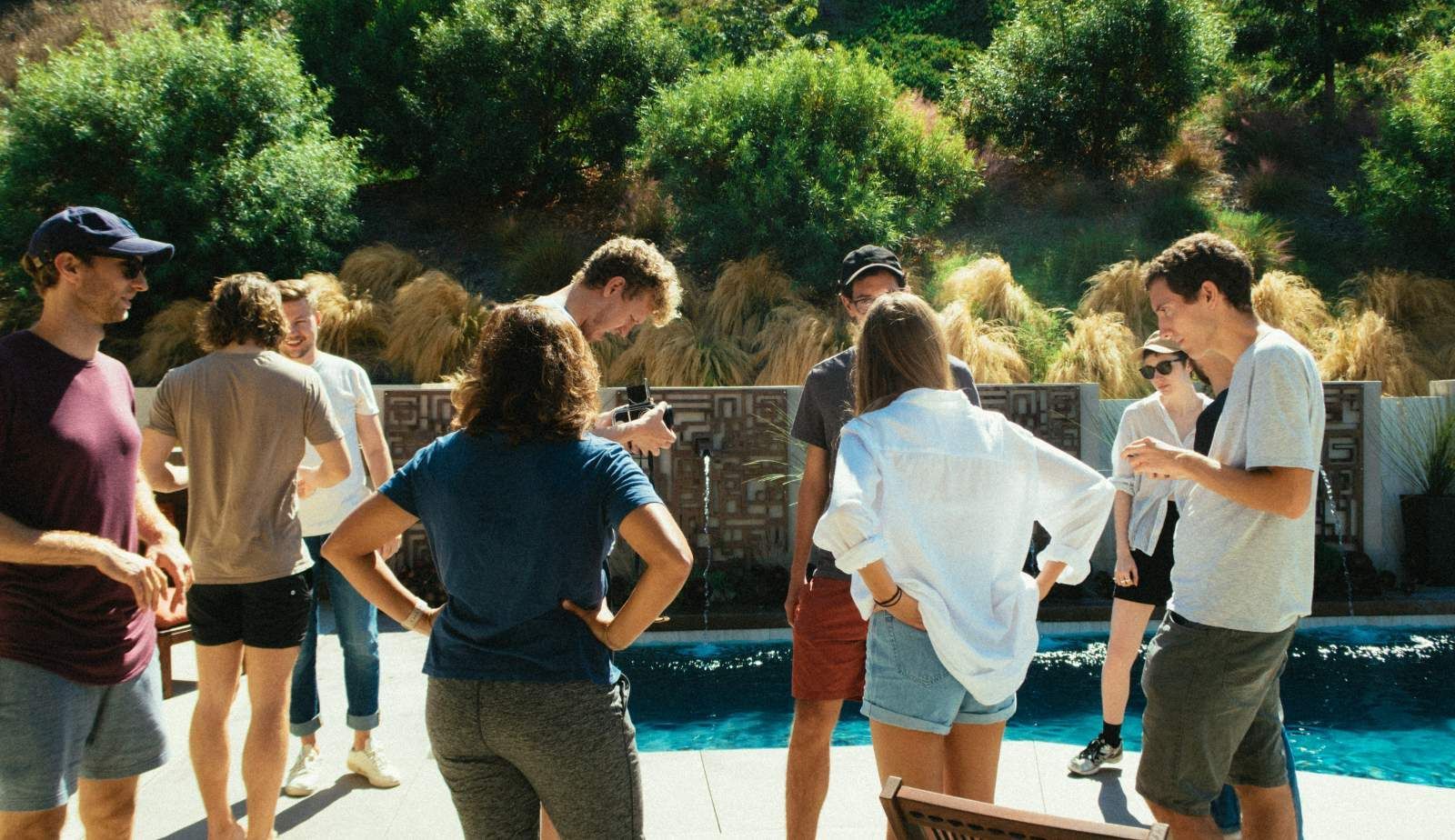
Understanding the Local Context
Local knowledge and community needs are essential factors for restoration services to succeed. Franchises must immerse themselves in the unique characteristics of each area they serve to provide targeted, effective solutions.
Leveraging Local Knowledge
Community engagement in restoration projects relies heavily on tapping into local expertise. Restoration franchises should actively seek input from long-time residents, community leaders, and local organizations. These individuals possess invaluable insights into the area's history, environmental challenges, and cultural norms.
By collaborating with local experts, franchises can:
- Identify common property issues specific to the region
- Understand local building materials and techniques
- Navigate zoning laws and regulations more effectively
- Establish trust with the community
This approach ensures that restoration services are tailored to the unique needs of each locality, increasing the likelihood of project success and customer satisfaction.
Assessing Community Needs
To provide effective restoration services, franchises must conduct thorough assessments of community needs. This involves analyzing:
- Prevalent types of property damage in the area
- Frequency of natural disasters or environmental hazards
- Economic factors affecting restoration projects
- Cultural preferences in design and materials
By understanding these needs, franchises can:
- Develop targeted marketing strategies
- Offer specialized services that address local concerns
- Train staff in region-specific restoration techniques
- Build long-term relationships with community members
Regular community surveys and open dialogues with local stakeholders help franchises stay attuned to evolving needs and maintain their relevance in the market.
Building Social Capital through Community Involvement
Community engagement fosters trust, shared values, and reciprocity among residents. These connections form the foundation of social capital, enhancing a neighborhood's resilience and collective problem-solving capacity.
Fostering Public Participation
Public participation is crucial for building social capital in restoration projects. Community-based ecological restoration gives volunteers opportunities to improve local green spaces. This hands-on involvement strengthens neighborhood bonds and civic pride.
Restoration companies can organize clean-up events or tree-planting days. These activities bring diverse groups together, fostering new connections. Participants gain a sense of ownership over shared spaces.
Regular town halls or community meetings allow residents to voice concerns and ideas. This open dialogue builds trust between restoration services and the public. Online platforms and social media can supplement in-person gatherings, expanding reach.
Developing Partnerships and Networks
Strong partnerships amplify the impact of community involvement. Restoration franchises can collaborate with:
- Local environmental groups
- Schools and universities
- Government agencies
- Other businesses
These alliances create a web of support for restoration efforts. They pool resources, expertise, and volunteer power.
Cross-sector collaborations enhance social capital by bridging diverse networks. A restoration company might partner with a youth organization to provide job training. This connection benefits both parties and strengthens community ties.
Networking events and workshops build relationships among stakeholders. These gatherings facilitate knowledge sharing and innovation in restoration practices. They also create opportunities for future collaborations.
Transparency and Trust in Restoration Initiatives
Transparency plays a crucial role in building trust between restoration service providers and communities. Community engagement in restoration projects requires open communication about goals, methods, and potential impacts.
Clear, accessible information helps residents understand the restoration process and its benefits. This can include:
- Regular project updates
- Open community meetings
- Detailed explanations of techniques used
- Honest discussions about challenges and setbacks
Trust is a critical factor in restoration success. When service providers demonstrate transparency, they show respect for community concerns and values.
Restoration initiatives that prioritize transparency often see increased community support and participation. This can lead to:
• Better long-term project outcomes
• Stronger relationships with local stakeholders
• Enhanced reputation for the restoration company
By maintaining open lines of communication, restoration services can address misconceptions and build credibility. This approach fosters a collaborative environment where community members feel valued and heard.
Transparent practices also help restoration companies navigate complex relationships with various stakeholders. This is especially important in large-scale projects involving multiple parties.
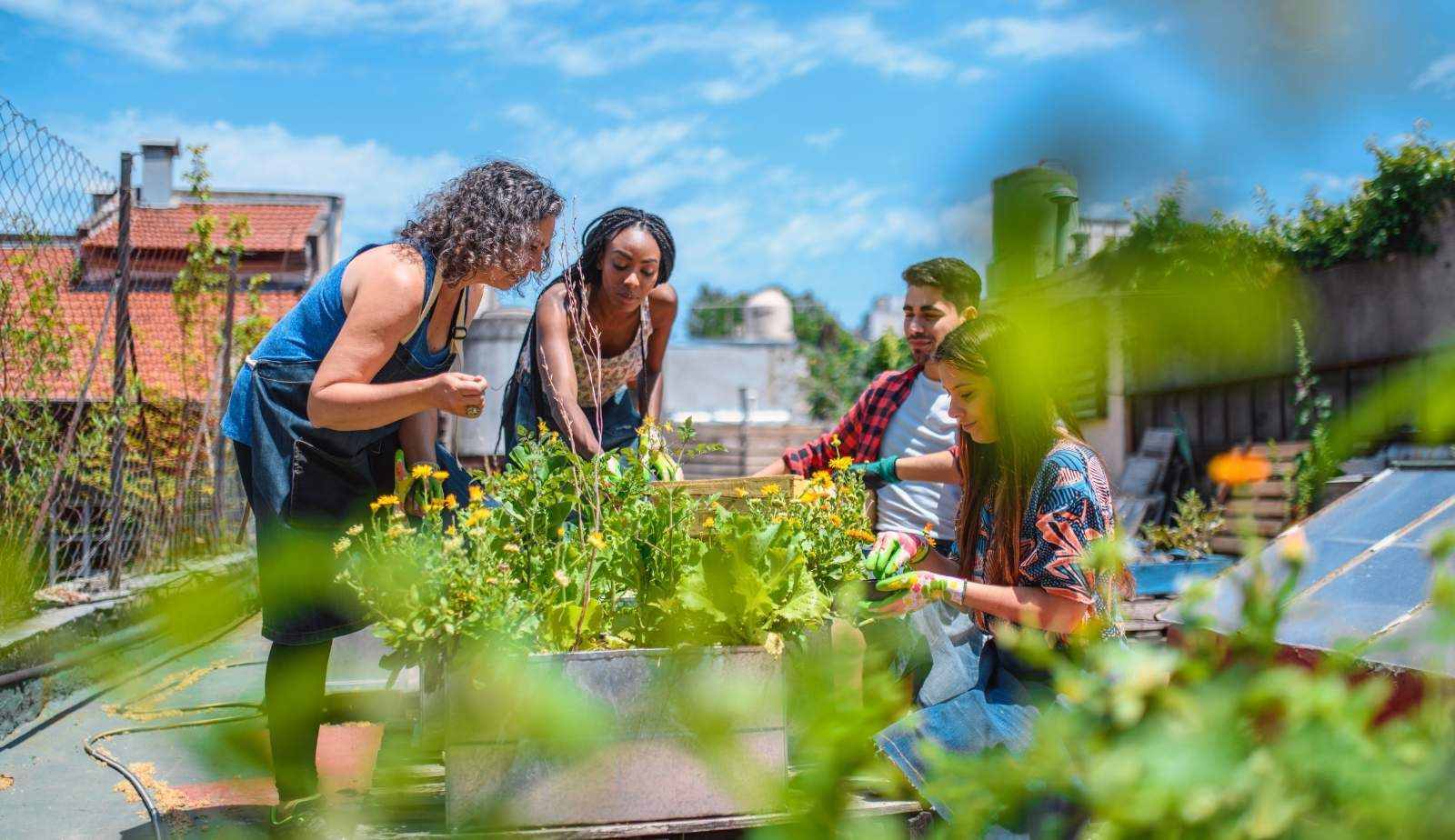
The Impact of Climate Change on Restoration Efforts
Climate change poses significant challenges to restoration efforts, affecting ecosystems and communities worldwide. Restoration companies must adapt their strategies to address these evolving environmental conditions.
Mitigation and Adaptation Strategies
Restoration services are increasingly incorporating climate change resilience into their projects. This approach ensures long-term effectiveness of restoration work in the face of changing environmental conditions.
Companies are adopting innovative techniques to enhance ecosystem resilience. These include selecting climate-adaptive plant species and implementing water conservation measures.
Collaboration with local communities has become crucial for successful restoration efforts. Community-based participatory climate action ensures that restoration projects are tailored to local needs and conditions.
Restoration firms are also focusing on sustainable development practices. This involves using eco-friendly materials and minimizing carbon footprints during restoration processes.
Monitoring and adaptive management are key components of climate-resilient restoration. Companies regularly assess project outcomes and adjust strategies as needed to ensure long-term success.
Evaluating the Social Impact of Restoration
Restoration services can profoundly influence communities by enhancing living conditions and revitalizing damaged structures. These efforts often yield tangible benefits for residents and local economies.
Improving Livelihoods and the Built Environment
Community-engaged ecological restoration approaches are increasingly recognized for their potential to create positive social impacts. Restoration projects can provide employment opportunities, boosting local economies and improving livelihoods.
These initiatives often involve training programs that equip community members with valuable skills in construction, environmental management, and disaster response. Such knowledge transfer can lead to long-term employment prospects.
Restoration efforts frequently target public spaces and infrastructure, enhancing the built environment. This can include repairing damaged buildings, improving parks, and upgrading community facilities.
The visual and functional improvements to neighborhoods can increase property values and attract new businesses. This economic stimulation can create a ripple effect, further benefiting residents.
By involving local communities in the restoration process, projects can foster a sense of ownership and pride. This engagement often leads to better maintenance of restored areas and increased community cohesion.
Global Perspectives on Land Restoration
Land restoration has become a critical global focus, intersecting with sustainable development initiatives worldwide. International organizations and governments recognize the urgent need to rehabilitate degraded ecosystems and promote sustainable land management practices.
The United Nations and Sustainable Development Goals
The United Nations has placed land restoration at the forefront of its sustainable development agenda. Through the Sustainable Development Goals (SDGs), particularly Goal 15: Life on Land, the UN aims to combat desertification and restore degraded land and soil.
This goal emphasizes the importance of preserving terrestrial ecosystems and biodiversity. The UN supports countries in implementing sustainable forest management practices and reversing land degradation.
Global efforts include the Bonn Challenge, which seeks to restore 350 million hectares of degraded land by 2030. This ambitious target demonstrates the international community's commitment to large-scale ecosystem restoration.
The UN Environment Programme (UNEP) plays a crucial role in coordinating restoration initiatives. It provides technical support, facilitates knowledge sharing, and mobilizes resources for restoration projects in various countries.
Strategies for Enhancing Community Participation
Effective community engagement strategies are crucial for restoration franchise success. Implementing robust participation methods can foster strong connections between businesses and local residents.
One key approach is hosting community events. Open houses, workshops, and informational sessions create opportunities for direct interaction and education about restoration services.
Leveraging social media platforms enables franchises to reach a wider audience. Regular updates, behind-the-scenes content, and customer testimonials can increase visibility and trust within the community.
Partnering with local organizations and charities demonstrates commitment to the area. Sponsoring youth sports teams or participating in community clean-up events can significantly boost a franchise's reputation.
Offering free educational resources, such as disaster preparedness guides or home maintenance tips, provides value to residents. This positions the franchise as a knowledgeable and helpful community member.
Implementing a community-engaged restoration approach involves integrating local values and traditions. Understanding and respecting community norms can lead to more effective and well-received services.
Creating a customer advisory board allows for direct feedback and suggestions from community members. This involvement can lead to improved services and stronger community ties.
Developing a referral program incentivizes satisfied customers to spread the word. Word-of-mouth recommendations are powerful tools for building trust and expanding the customer base.
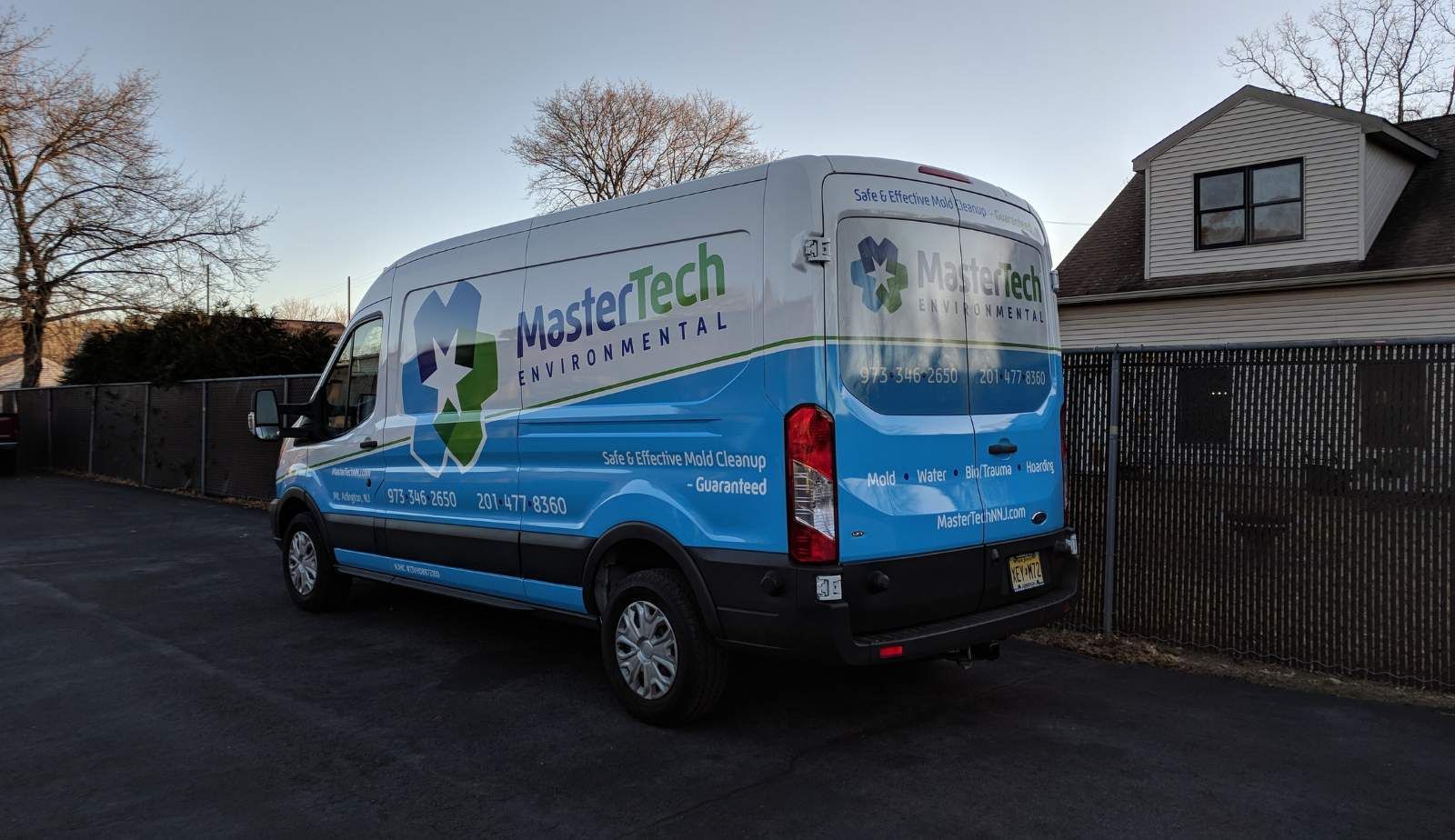
Frequently Asked Questions
Community engagement plays a crucial role in the success of restoration service providers. It impacts customer loyalty, project outcomes, and competitive positioning in the local market.
What are the key benefits of community engagement for restoration service providers?
Community engagement helps build trust and credibility. It allows restoration companies to demonstrate expertise and reliability to potential customers.
Engaged providers often receive more referrals and positive word-of-mouth. This enhances their reputation and visibility within the community.
How does community involvement contribute to the success of a restoration franchise?
Active community involvement creates brand awareness and loyalty. It helps franchises establish themselves as local experts and trusted service providers.
Community participation often leads to stronger business relationships. This can result in partnerships, referrals, and repeat business for restoration franchises.
Can you describe the challenges restoration companies face with community engagement?
Time and resource constraints can limit engagement efforts. Balancing community activities with core business operations can be challenging for restoration providers.
Measuring the direct impact of engagement on business outcomes can be difficult. This makes it hard to justify investing in community initiatives to stakeholders.
In what ways does community participation impact local restoration projects?
Community participation improves project outcomes by incorporating local knowledge and preferences. This leads to more sustainable and effective restoration solutions.
Local involvement increases community buy-in and support for restoration efforts. This can result in better long-term maintenance and care of restored areas.
What role does community engagement play in enhancing customer loyalty within the restoration industry?
Engaged providers often develop stronger emotional connections with customers. This fosters loyalty and increases the likelihood of repeat business and referrals.
Community involvement demonstrates a commitment to local well-being. Customers appreciate businesses that contribute positively to their community.
How does engaging with the community provide competitive advantages for restoration businesses?
Community engagement helps differentiate restoration businesses from competitors. It creates a unique brand identity and value proposition in the local market.
Engaged providers gain valuable insights into community needs and preferences. This information can inform service offerings and marketing strategies, giving them a competitive edge.
Get in Touch
Contact Us
Don't be a stranger!
30 Broad St, Unit 7
Denville, New Jersey 07834
